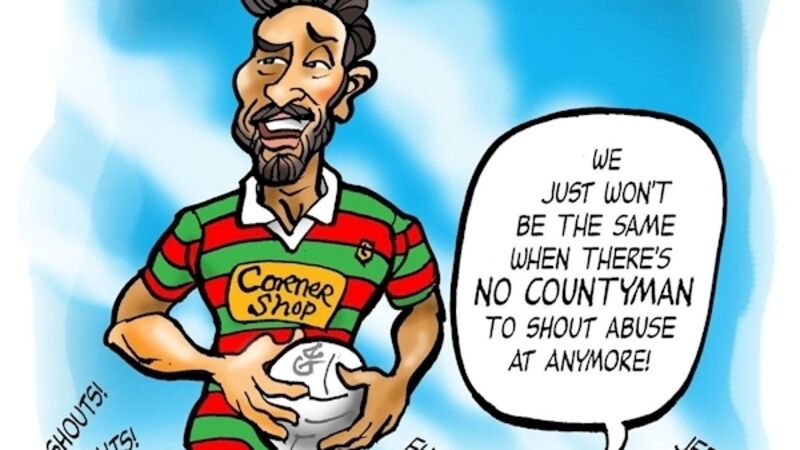Cork GAA proposal: A four-point plan to recognise the countyman

It is a small curiosity that the same solution has been proposed for more or less all of the great, intractable sporting problems of our time. Four points for a win. They have all come around to believing in the old Four Points Good, Two Points Bad tenet, at some stage.
The League of Ireland tried it, in 1981, in one of the many schemes employed to coax people to watch it. Four points for an away win and two for an away draw were to be incentives for attacking football ‘on the road’.











